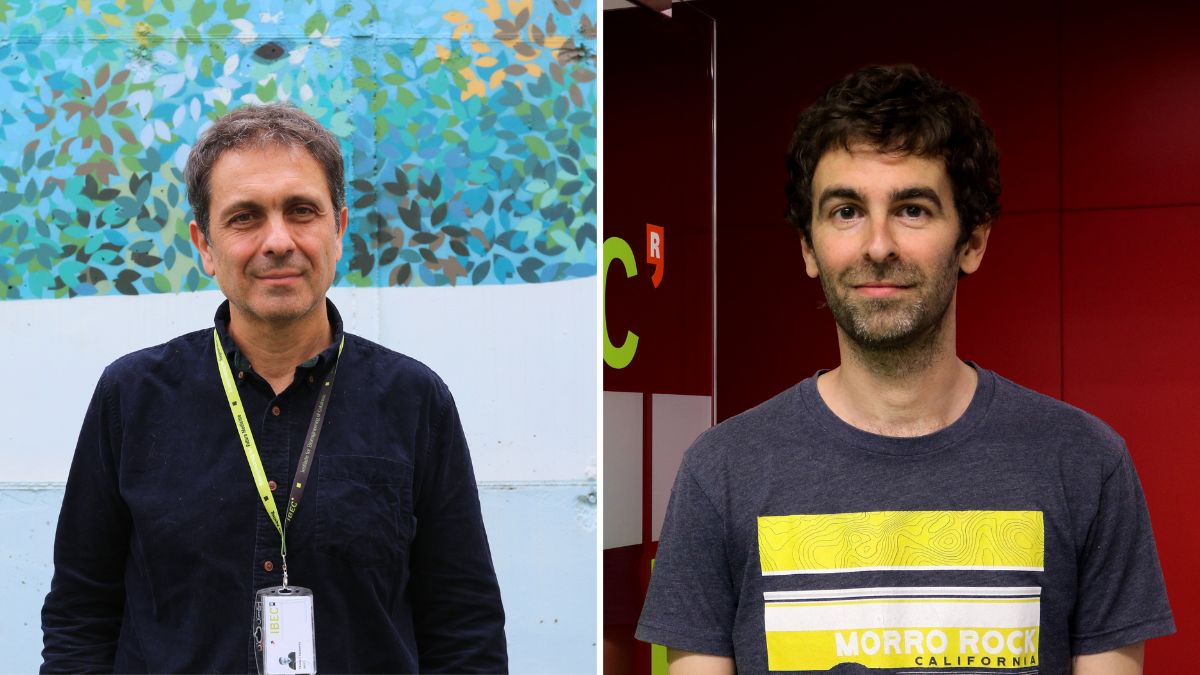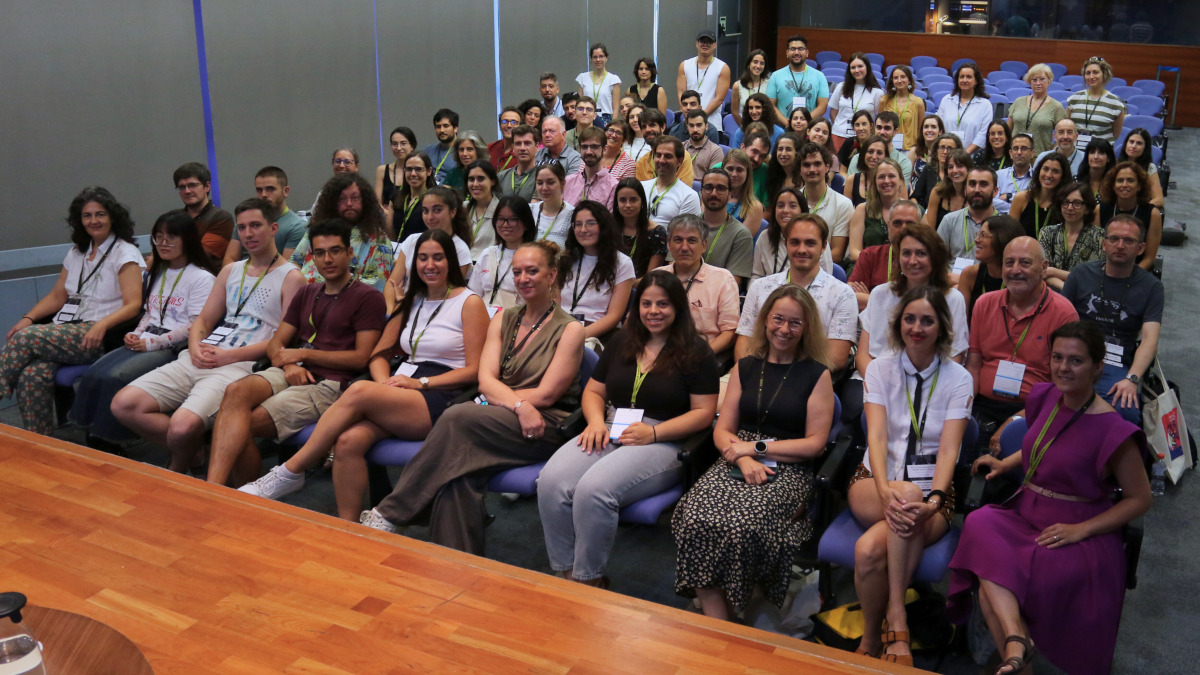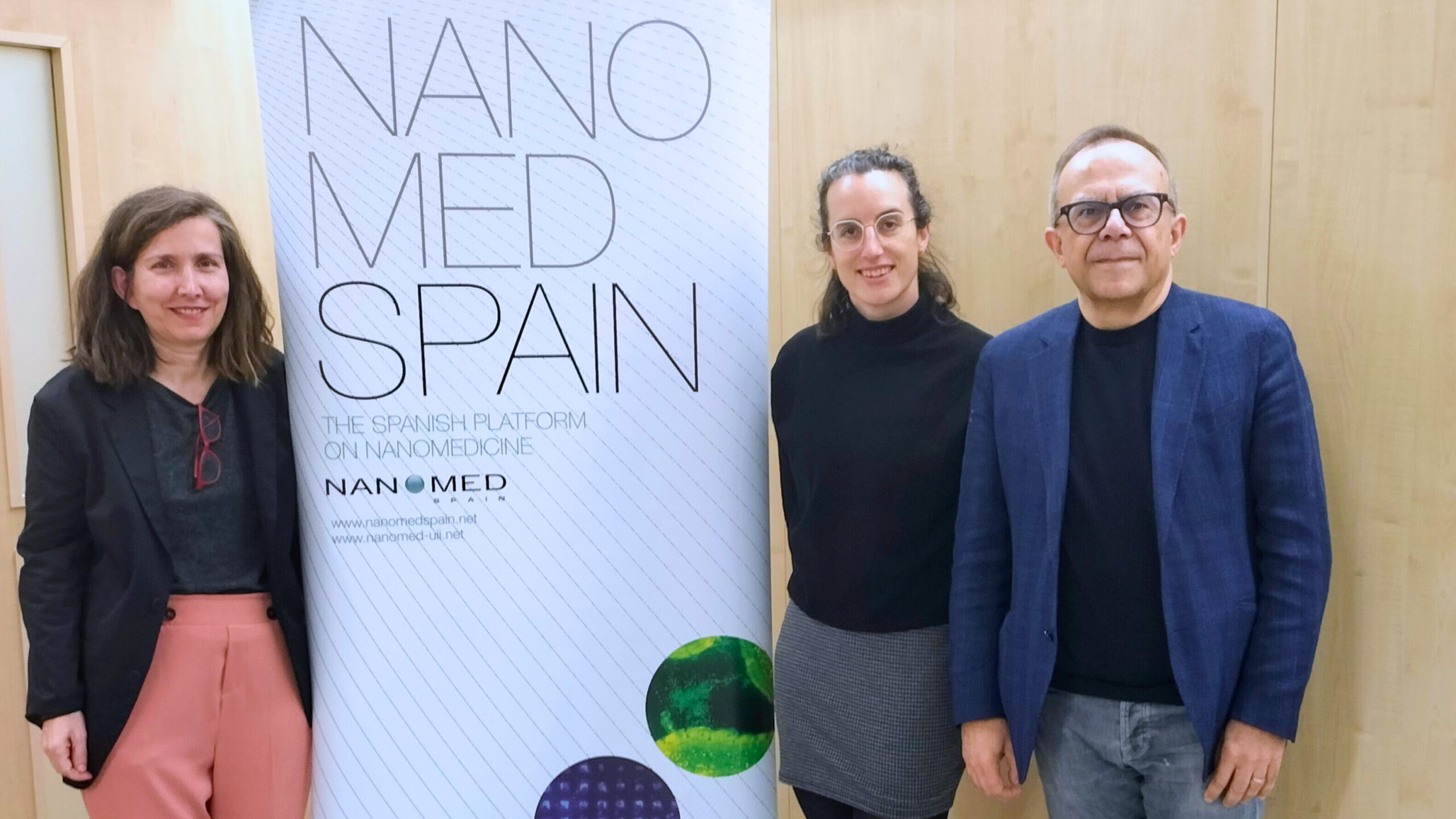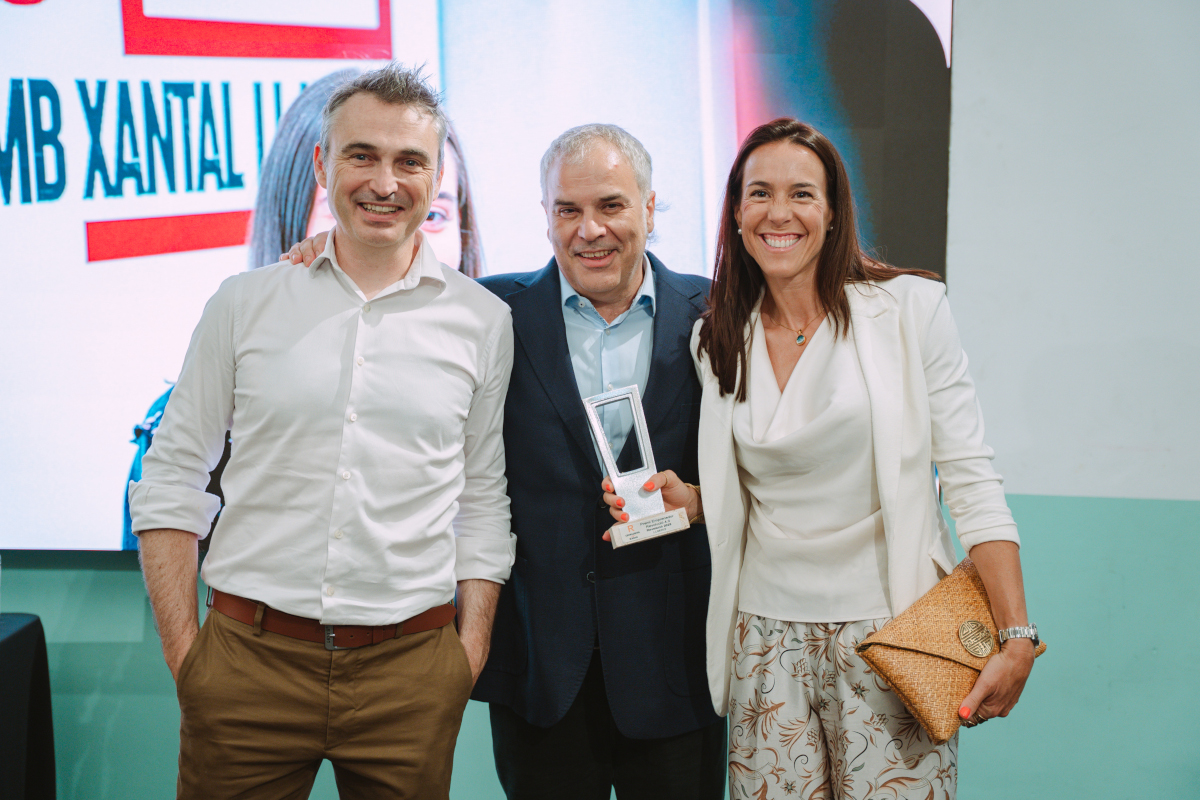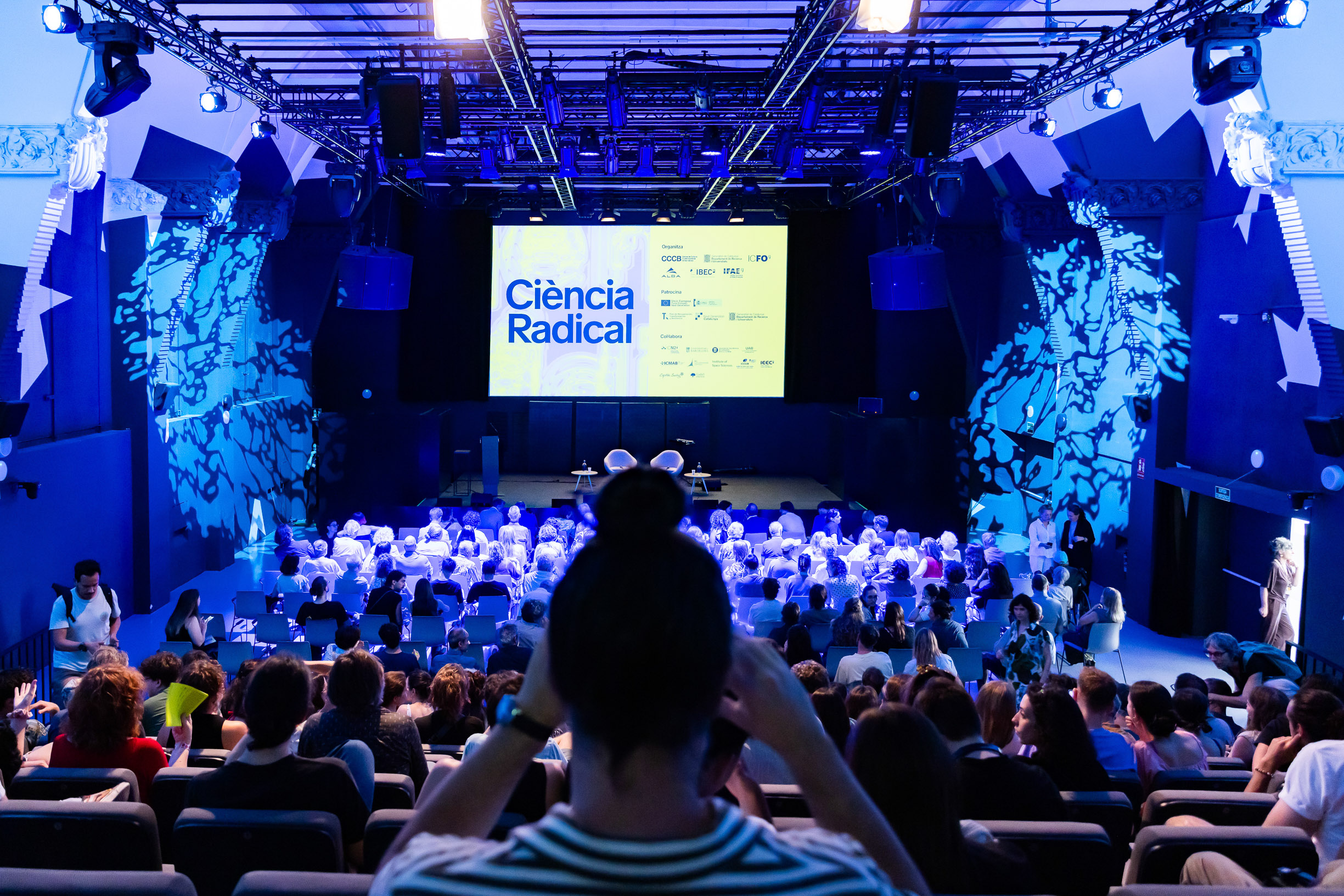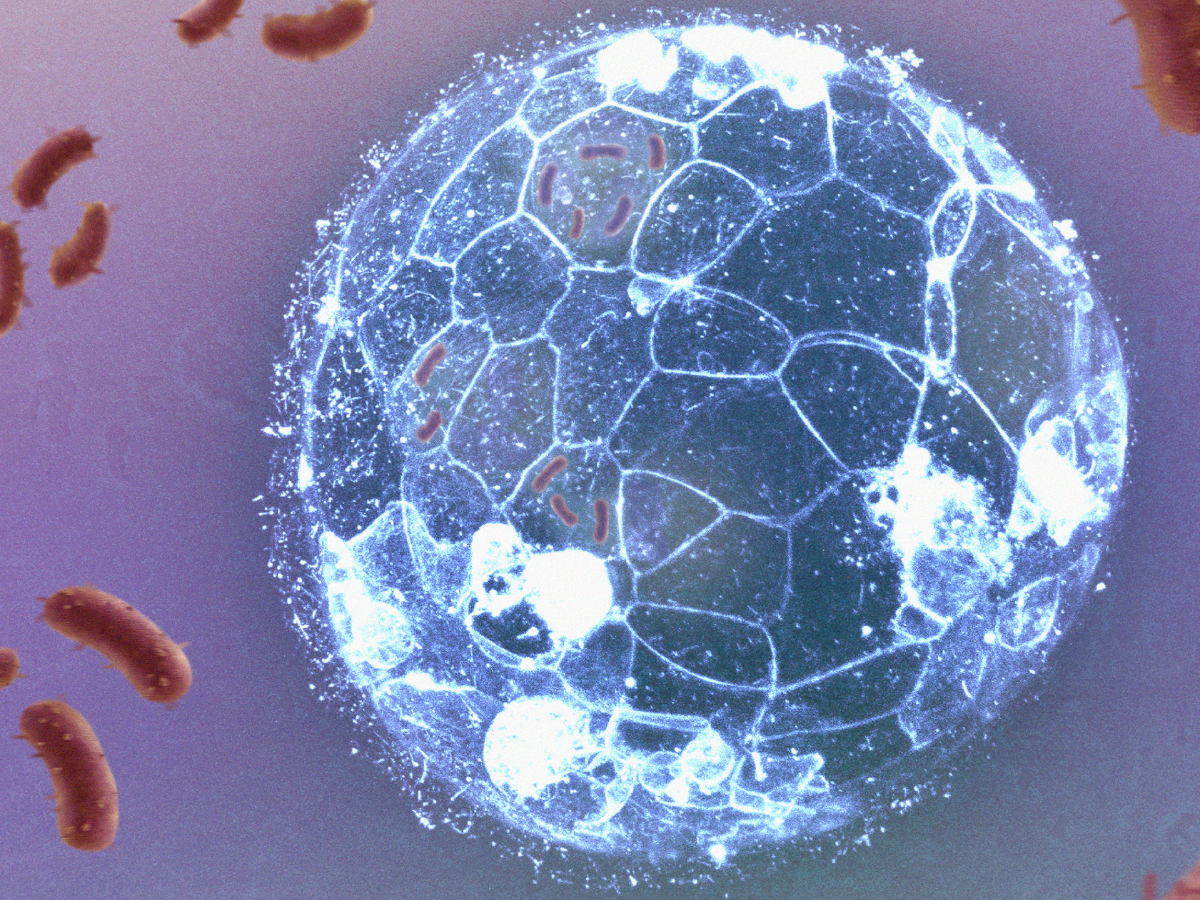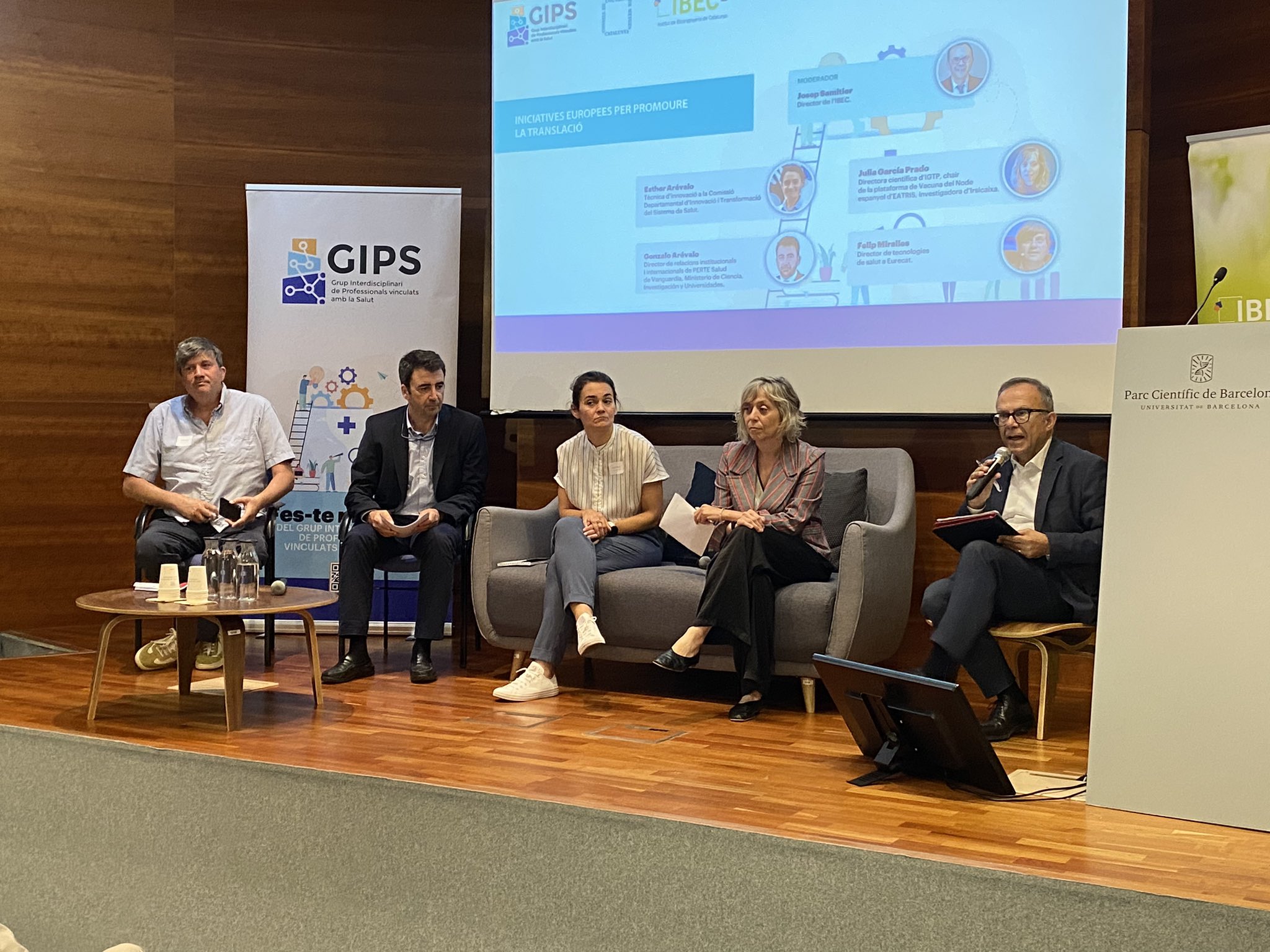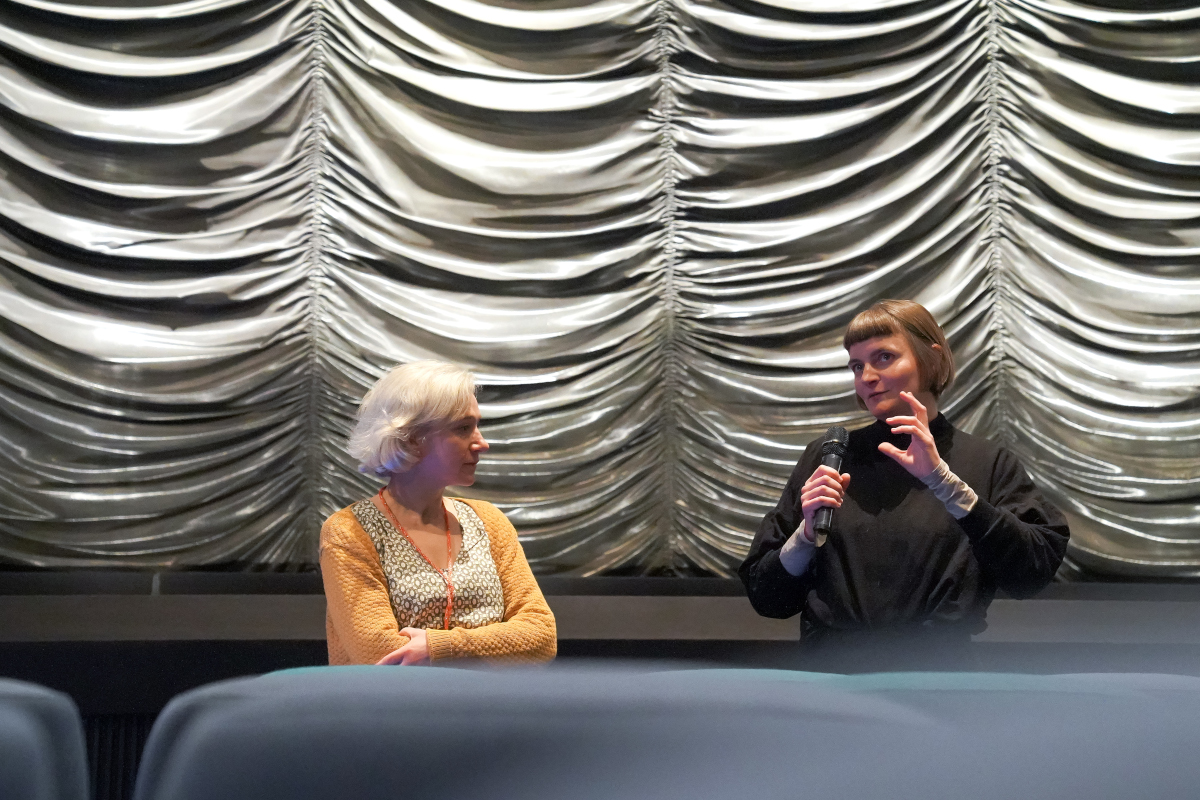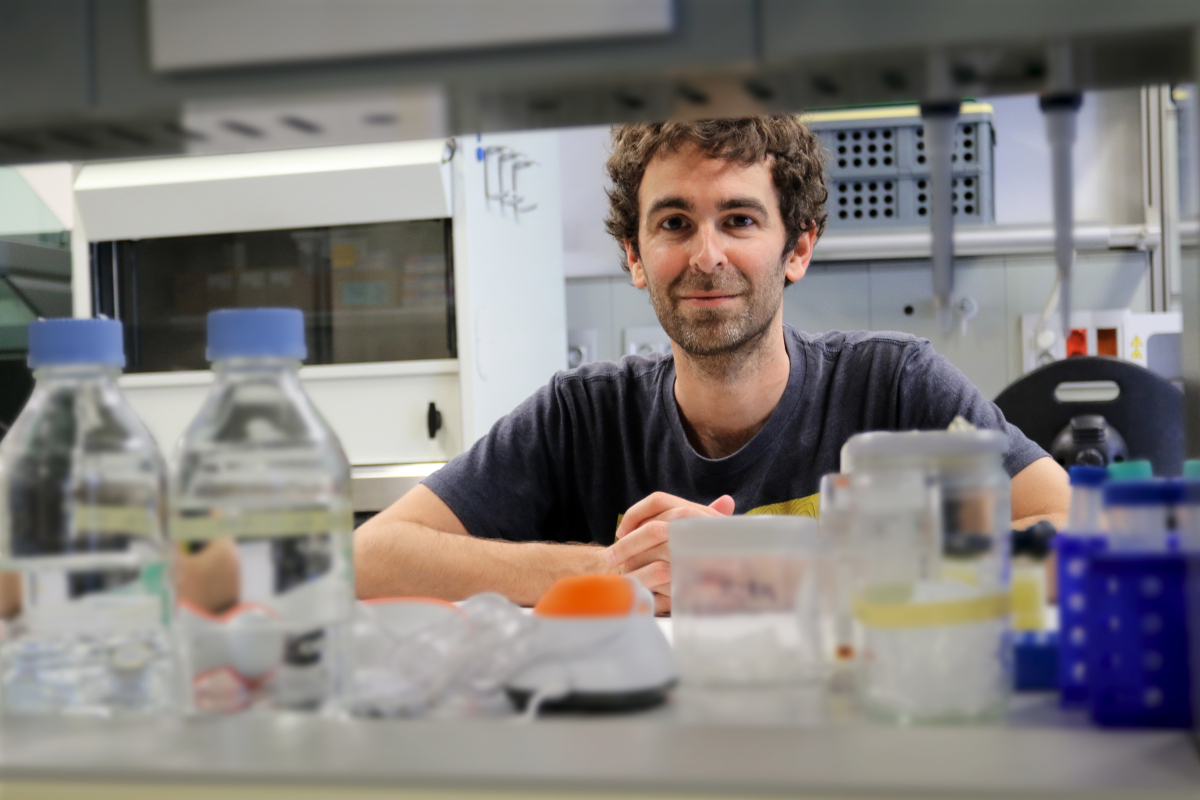Two IBEC projects receive ERC funding to advance bioinks for 3D printing and cancer therapies
Manuel Salmeron and Xavier Rovira, who are both principal investigators at IBEC, have each been awarded an ERC Proof of Concept Grant. These prestigious grants are awarded by the European Research Council to explore the commercial and social potential of research projects carried out at European institutions. Salmeron’s project, FACTORINK, focuses on designing functional bioinks with biological activity for printing artificial tissues. Meanwhile, Rovira’s project seeks to develop the EVOaware platform, which is designed to address tumour resistance to therapies and accelerate the discovery and development of new cancer treatments.

